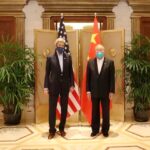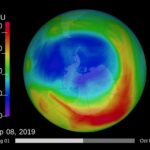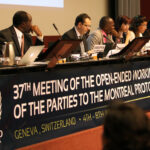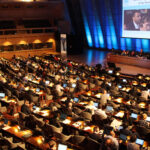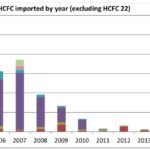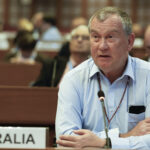
Patrick Mclnerney, a significant figure in Australian environmental diplomacy and particularly the management of refrigerants, passed away less than two weeks before his 61st birthday. For years, Patrick was a stalwart presence at Montreal Protocol meetings, leading Australia’s delegation with his well-considered and balanced contributions to what remains the most effective and successful global environmental … Continue reading Vale Patrick Mclnerney




